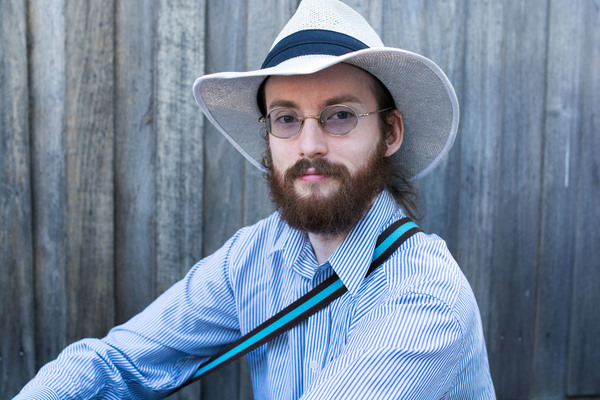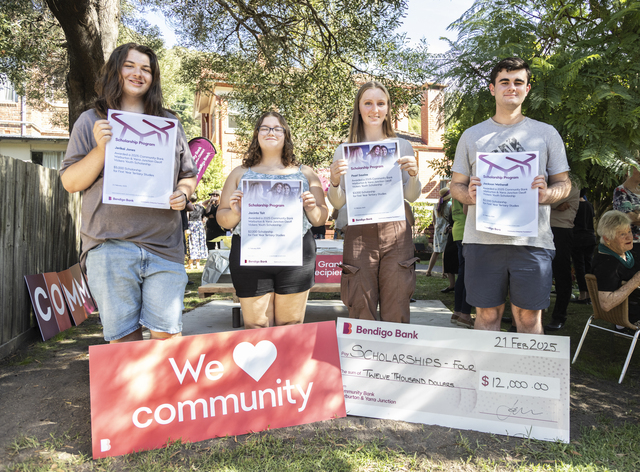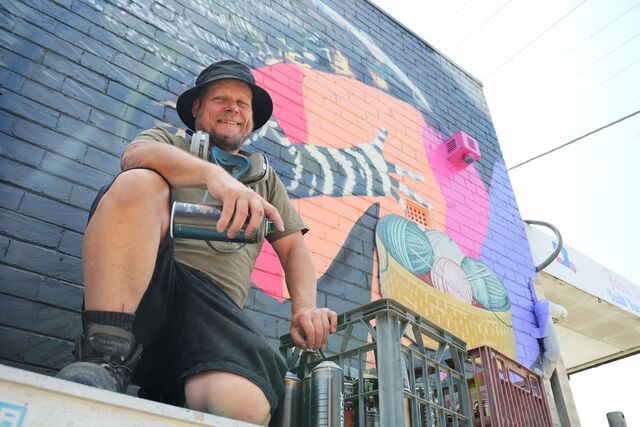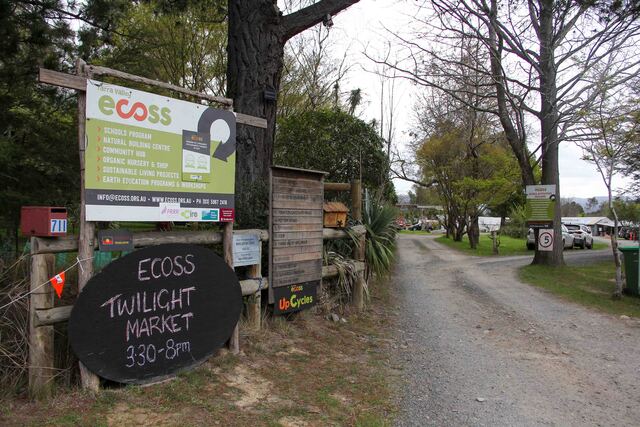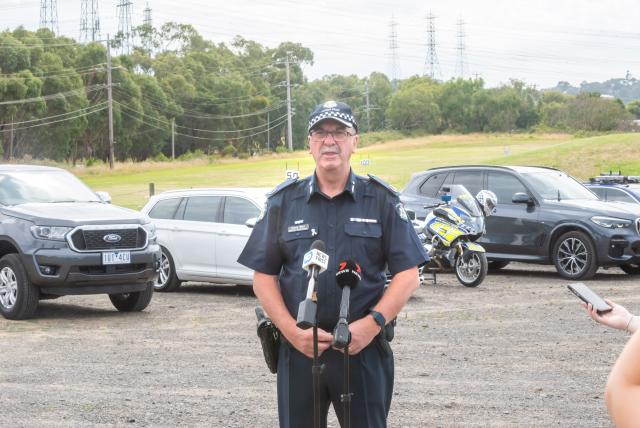Apocalyptic stories are usually read as dystopias. The idea of our ordered world giving way to something new, and potentially unruly, can be frightening. But Healesville writer Seth Lukas Hynes shows these stories can carry utopian strains, too.
The Mail’s resident film critic Seth Lukas Hynes has made his second foray into the world of published fiction, releasing his second book, The Coded Heirs, on July 23.
Mr Hynes spoke to the Mail about his latest release, which looks at how technology can usher in a different world, perhaps even a better one.
“It’s really about a couple, and both members of this couple have different kinds of cybernetic augmentation,” Mr Hynes said.
“There’s an extinction level crisis going on around them – a plague that will very likely render organic humans extinct within a few more decades.
“They are each in different ways coming to terms with this extinction event and how it will affect them and people like them.
“Despite this very bleak setup, there is a very optimistic message thread throughout the narrative.
“While all organic humans will die out, by their own ingenuity, humanity will still survive in new synthetic and digital forms… humanity will thrive even despite this biosphere-ruining plague.”
Mr Hynes explained that while The Coded Heirs shares themes of artificial intelligence and transhumanism with his previous book Trans-Sentient, it features a distinctly different narrative.
“It’s not so much a sequel but a spin-off, and if you are so inclined you can read it as a book of non-fiction, or enjoy it as a drama about people and their relationships and facing the unknown.”
Set in Melbourne in 2099, the novella is described as an uplifting allegory about the human spirit.
While the novella itself is around 60 pages long, Mr Hynes has written a number of short essays that explore the themes, motifs and ideas throughout the novella.
“I wrote an extensive afterword with segments discussing machine consciousness and the Millennium Bug and (American historian Eric) Hobsbawm’s concept of long and short centuries,” Mr Hynes said.
“The afterword ended up being so big, I spun these subject segments into their own essays and expanded them with further research.”
Speaking to the Mail, Mr Hynes explained that he hopes his book shows that the future does not have to be bleak and dark.
“Cyberpunk is still such a relevant genre in commenting on the impact of technology on our world, and… I think it’s good that there is still some cyberpunk media with an optimistic thread to it, and I hope I’ve provided that.”
Anyone interested in a copy of The Coded Heirs can pick one up at Verso Books in Healesville, or can contact Mr Hynes at twitter.com/sethhynes.

